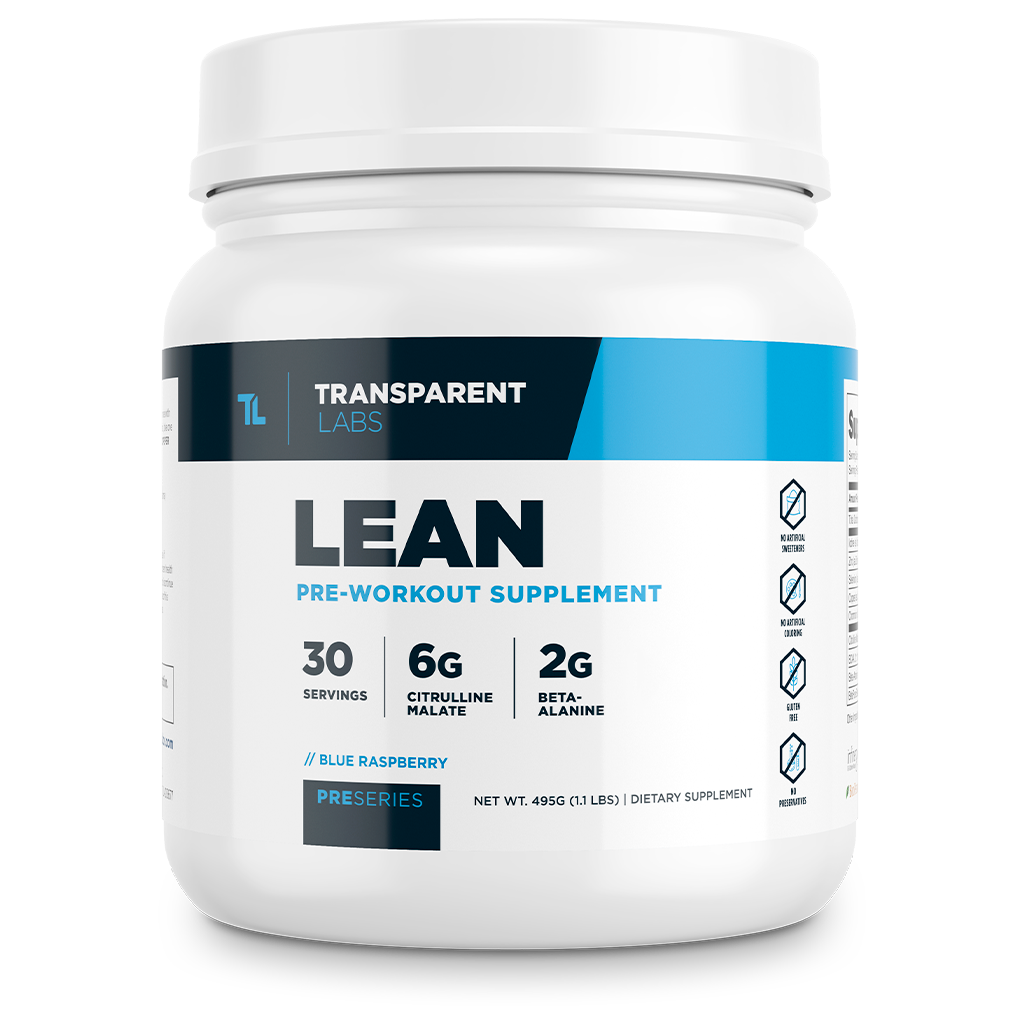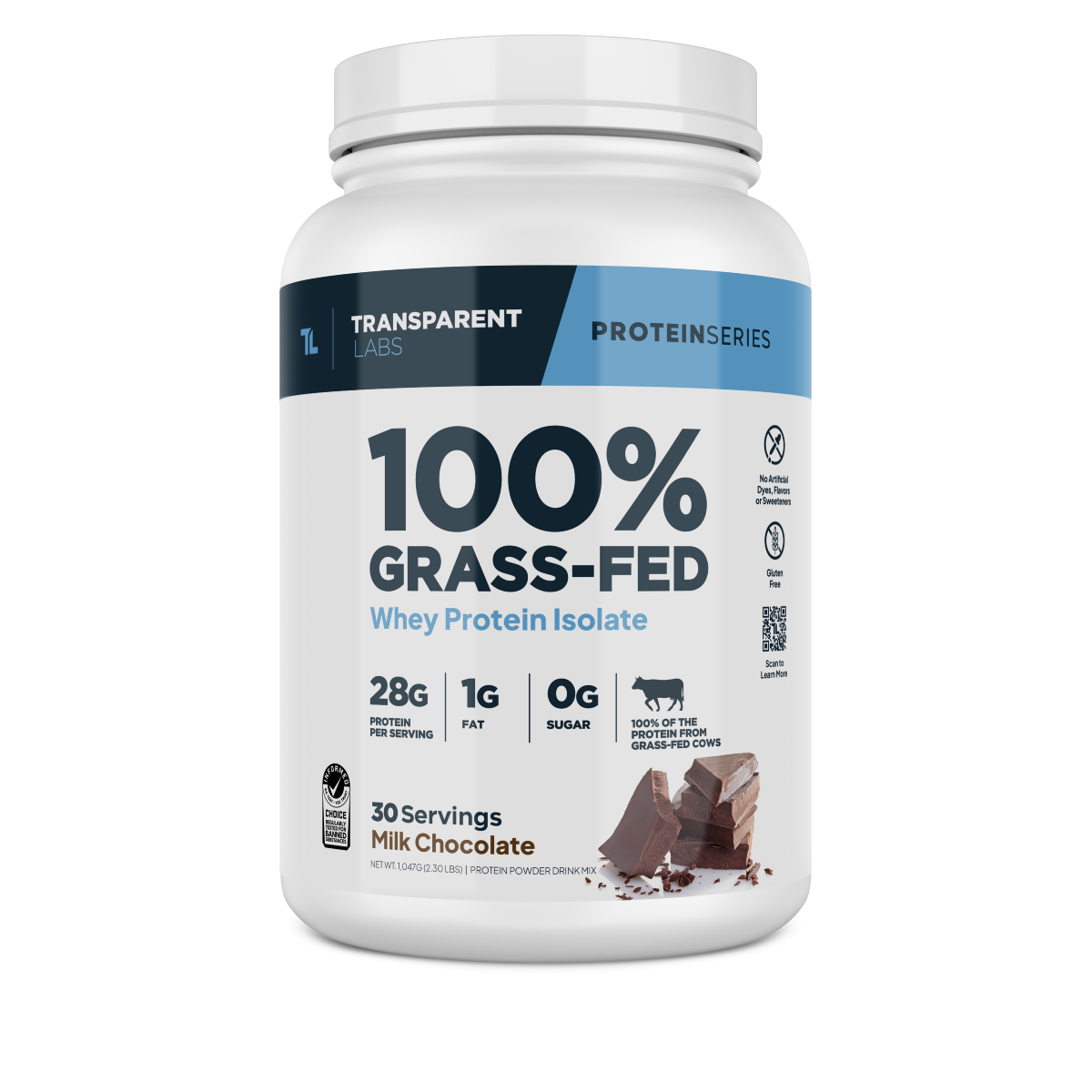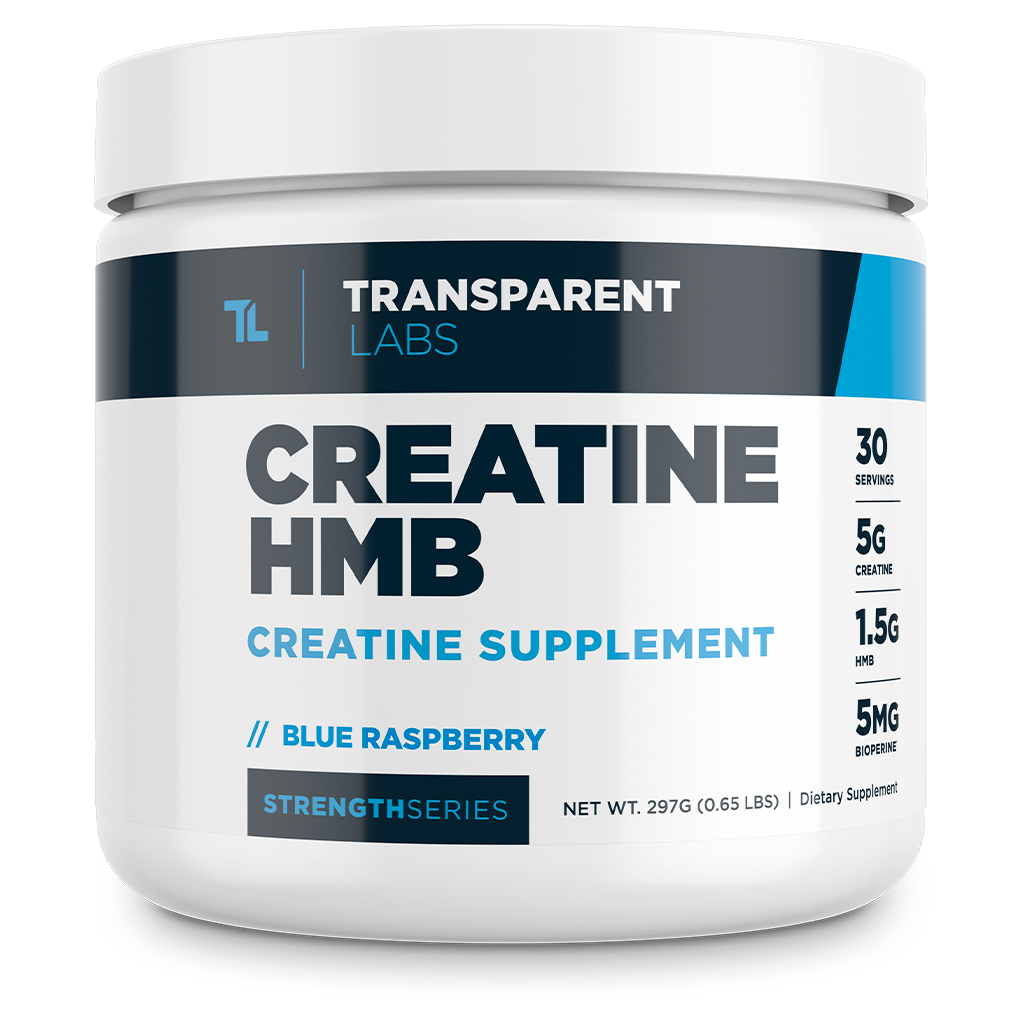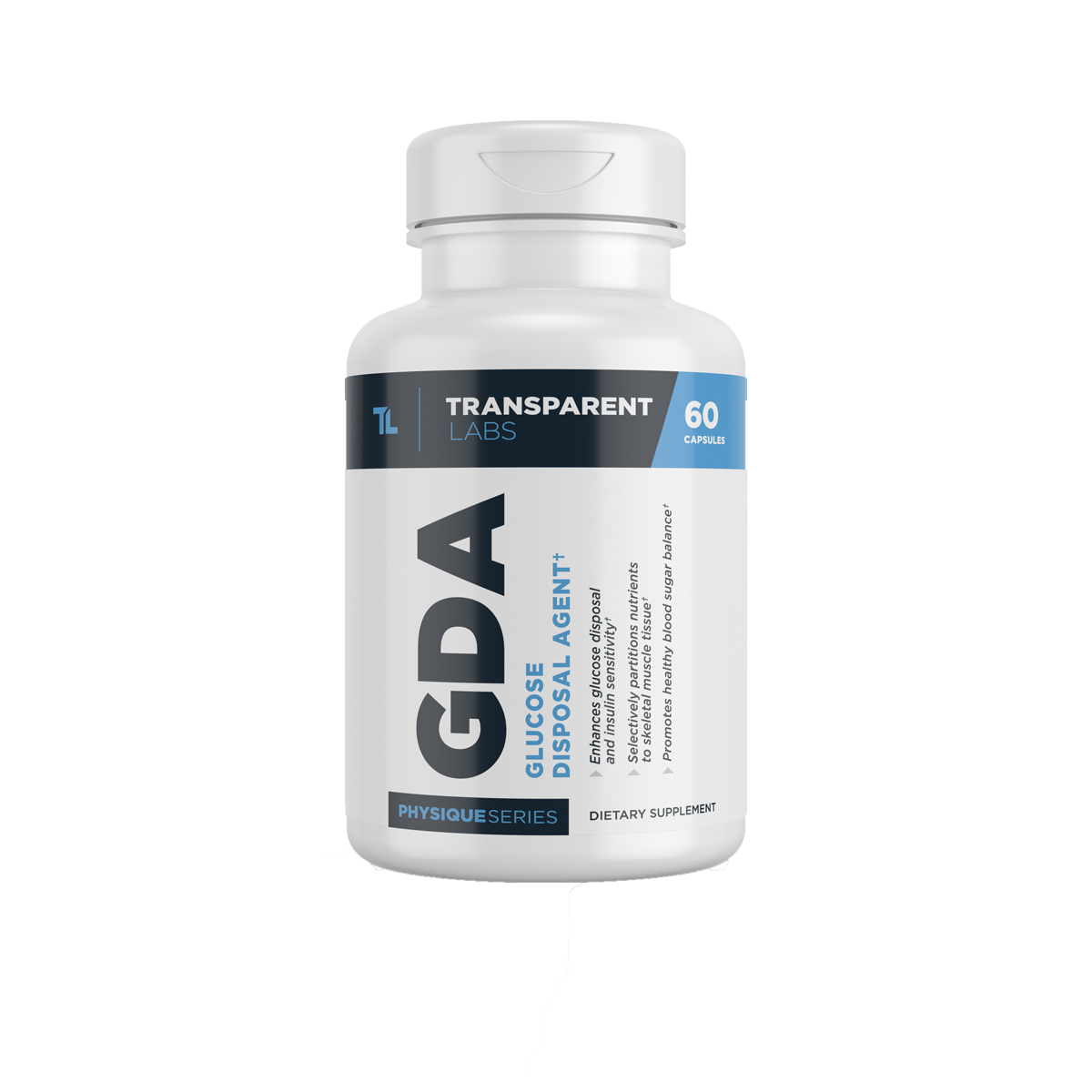How Long Does It Take to Build Muscle — Honest Answers Only

Whether you're a seasoned bodybuilder or a novice at weight training, "How long does it take to build muscle?" is a question often asked around the gym.
Sometimes, it feels like it takes forever for those pounds of muscles to appear. But as the saying goes, "Good things take time." This is true for your desired muscle definition.
For a realistic view of what your bodybuilding progress will look like, we'll explain the various factors that affect muscle-building and some tips to speed up the process.
How Long Does It Take to Build Muscle?
Before we go any further, let's remember that everyone's bulking journey is different.
You might think your gym buddy's intense training program is likely why his muscle size exploded in the past few weeks. Or that your coworker’s triceps are bursting at the seams because of the new dietary supplement he’s raving about.
Whatever the case, the interplay of exercise, diet, and supplements causes the muscle-building processes to vary from individual to individual. Add factors such as your genetic potential and body type (thanks, Dad), and the question "How long does it take to build muscle?" is even more difficult to answer.
Still, one commonality exists: It takes time to build muscles. If we're honest and realistic, most people need 6-8 weeks to achieve noticeable muscle gains.
Novices may start seeing lean muscle definition within 4-6 weeks of an effective training program. In contrast, individuals at an advanced fitness level may require more time to overcome their training plateau, especially as they approach their genetic potential for lean body mass.
What to Look for When Building Muscles
Here's what you need to do for proper muscle growth in both your training regimen and diet:
Train for Muscle Gains
Physical activity is a given, but the right type of exercise — done at the right volume and frequency — plays a pivotal role in how quickly you reach your bodyweight goals.
Type of Training
To build muscles efficiently, you might wonder if you should opt for strength training, bodyweight exercises, or cardio.
First, let's look at why resistance training is the gold standard for building muscles:
- Any form of resistance training, be it bodyweight exercises or weight-lifting, breaks down your muscle fibers to create microscopic tears (microtears).
- These microtears are essential for building muscle. Damaged muscle fibers stimulate satellite cells and growth factors for muscle repair.
- Since satellite cells and growth factors promote muscle protein synthesis, this leads to a greater amount of muscle over time.
Though it’s clear resistance training triggers muscle growth, don't rule out cardio just yet. The Journal of Exercise and Sport Sciences Reviews found that cardio exercises like walking and jogging increased muscle gains in young and elderly participants.
But there's a catch: Aerobic training must be performed at a high enough volume and frequency to achieve muscle growth (more on that in the next section).
To engage your muscles and keep your workout routine interesting, play around with different training programs:
- Weight training makes use of free weights or weight machines for a stronger, more muscular physique.
- Bodyweight exercises are excellent for building muscles without weights — use them in your home workouts.
- High-intensity cardio pushes your heart rate to 80-90% of its maximum capacity and relies on anaerobic metabolism, which is necessary for building muscles efficiently.
- Concurrent training combines both aerobic and anaerobic exercises to enhance muscle growth.
Type of Exercise

For greater muscle definition, exercise every major muscle group equally (i.e., at least once per week). The best way to do that is through compound exercises that work several muscle groups at the same time.
In weight-lifting, popular compound exercises that build muscles and strength include bench presses, deadlifts, and squats. Note: Focus on proper form rather than lifting heavy weights to minimize injuries and maximize gains.
While traditional aerobic training — think long-distance running on a treadmill — gets your heart rate up, you can also find more forms of cardio that work the whole body. For a full-body workout, try lunges, burpees, rowing, and mountain climbers.
Moreover, these compound movements also count as bodyweight exercises. This means you get muscle and strength gains — talk about the best of both worlds (or training types).
Training Volume
Higher training volume (sets x repetitions x weight) correlates with greater muscle growth.
An effective weight training program should incorporate a combination of high-load, low-rep exercises and high-rep, moderate-load exercises that progressively overload your muscles. Intuitively, as muscle growth increases, you get stronger. Hence, you need to continually challenge your muscles with heavier weights and more training volume to keep building muscles over time.
Lifting heavier weights recruits more of the relatively stronger type-II fast-twitch muscle fibers to overcome your training plateau and build muscles more efficiently.
In contrast, bodyweight and cardio training should focus on multiple sets of low-load, high-rep exercises. However, if your training program is full-on cardio, each session should last for 30-45 minutes.
Training Frequency
Training frequency (how many times you train per week) is key to answering the question "How long does it take to build muscle?"
According to a study published in The Journal of Sports Medicine, resistance training that targets major muscle groups at least twice per week leads to more muscle gains than training major muscle groups once weekly. Essentially, you’re much better off reducing the volume per muscle group per workout and training them each twice per week, as opposed to annihilating muscle groups once per week. However, the jury is still out on training muscle groups three times per week or more.
Those following a weight-lifting routine should stay active on rest days (active recovery) — one option is to do light exercises such as walking or yoga on these days. And if you choose to build muscles with cardio, train at least 4-5 times a week to sufficiently overload your muscles.
Nutrition for Muscle Growth
Lifting weights is crucial for muscle gains, but you also can't rely on training alone. Here’s how to use nutrition to maximize your muscle-building regimen:
Macronutrients
Your body needs more energy to increase its lean muscle mass, so you likely need to step up your calorie intake if you want muscle growth. Aim for adequate amounts of macronutrients with greater emphasis on protein.
- Protein: Grueling workouts break down protein in your muscle cells, making it crucial to get enough protein post-exercise. To spur muscle growth, raise your protein intake to at least 1 gram of protein per pound of bodyweight every day.
- Carbs: Carbs provide energy to lift heavier weights or get in an extra push-up. Complex, whole-grain carbs promote lean muscle mass and limit body fat gains.
- Fats: Fats may help with weight loss, but that's not your primary goal here — limit your daily fat intake to 15-20% of your overall diet.
Tip: Spread out your protein intake across all meals — The Journal of Nutrition explains distributing proteins across breakfast, lunch, and dinner increased protein synthesis compared to eating all your proteins in one meal.
How often you eat also impacts the rate of protein synthesis in your muscle cells. Protein-wise, The International Society of Sports Nutrition recommends you:
- Eat 20-40 grams of protein per meal.
- Consume protein before and after resistance training.
- Consume protein at least 30 minutes before bed or two hours after dinner.
- Take protein every 3-4 hours daily.
Note: Protein sources can be whole foods, dietary supplements, or both.
Besides that, choose quality protein sources with a complete amino acid profile — meaning all essential amino acids (EAAs) are present — to elevate protein synthesis in your muscle cells.
Dietary Supplements

Getting your required macronutrients from whole foods is great, but not everyone has the time (and energy) to plan and prepare healthy meals seven days a week.
This is where dietary supplements like Transparent Labs ProteinSeries MASS GAINER can help those on a busy schedule get the nutrition they need for muscle growth.
The MASS GAINER has 53 grams of protein derived from 100% grass-fed whey protein concentrate. It also contains 109 grams of clean carbs (made from organic tapioca, oat, and sweet potato) per serving. As a result, this muscle-building supplement, when paired with resistance training, helps boost your lean muscle mass.
Other Factors That Impact Muscle Growth
Besides exercise, diet, and supplements, other factors may also impact how quickly new muscles form:
- Fitness level: With an effective training routine, novices may build muscles rapidly at first. But everyone will eventually have muscle growth challenges. After the initial “newbie” gains, muscle building becomes a process of diminishing returns, eventually reaching a plateau as you approach your genetic potential.
- Body type: Your body type (somatotype) may affect how fast muscle growth happens. Ectomorphs (lean individuals) may find it more difficult to pile on muscle bulk. Conversely, mesomorphs are naturally muscular, meaning that they easily pack on pounds of muscles.
- Gender: Men are genetically built for muscle gains due to higher levels of testosterone and growth hormones compared to women. But women needn't worry — female muscle growth is highly achievable with the right nutrition and training program.
- Age: Sarcopenia (loss of muscle mass and function) occurs as your body ages. That's why older individuals may find it harder to gain muscle mass than their younger counterparts.
Consistency Is Key to Muscle Building
We know it’s tempting to ask your trainer again and again, "How long does it take to build muscle?" But hopefully, this guide helped you manage your expectations and understand how muscle growth occurs and why it takes so long.
It generally does take time for your training program and diet to give you results. With that said, practice patience and consistency in these two areas. With the right training and nutritional regimen you may start seeing results sooner than you think. And to speed up muscle growth, throw in a supplement like the MASS GAINER to help maximize your muscle gains.




